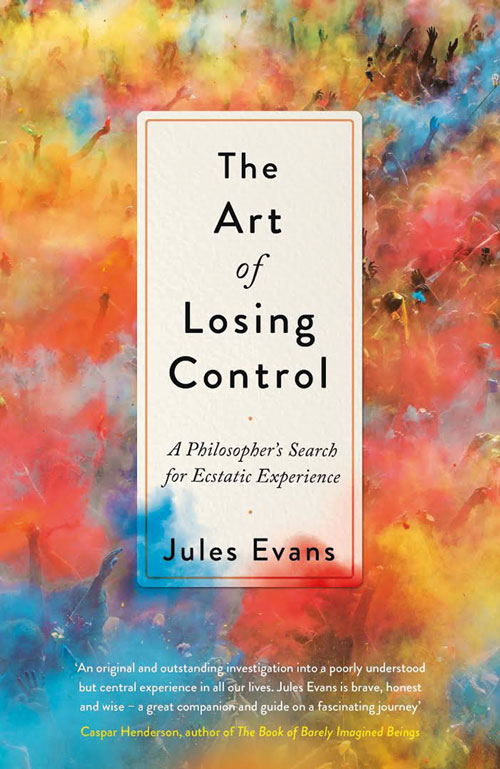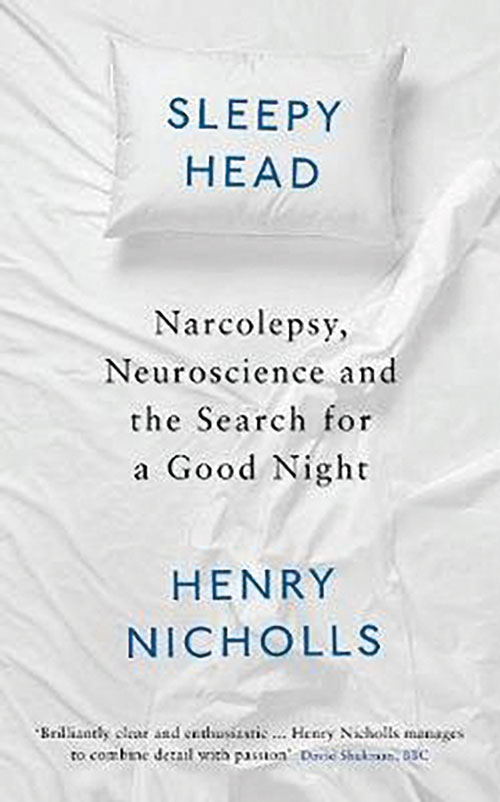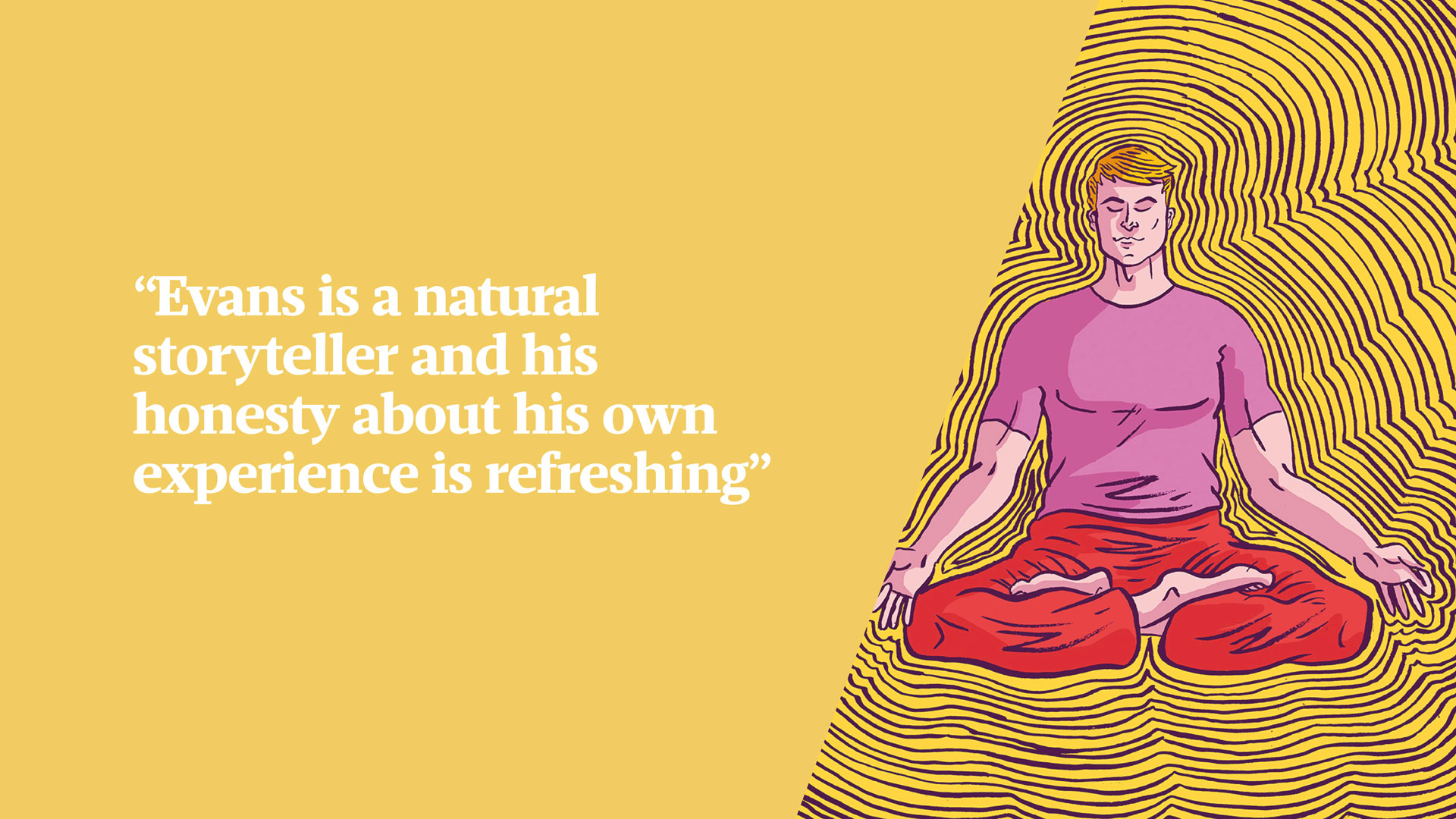The human mind is an endlessly fascinating thing and this week we’re looking at a couple of books that delve into the weirder corners of it, both of them scientific books that originate from the personal experiences of their authors. First up is The Art of Losing Control by Jules Evans. The author is an academic and philosopher, the book is subtitled A Philosopher’s Search for Ecstatic Experience, and Evans does exactly that, looking at humanity’s history of losing ourselves to something bigger.

Evans’ previous book, Philosophy for Life, was a rational look at modern philosophy, but an incident on a mountain convinced him that that book missed out a large chunk of human experience. After falling thirty feet and breaking his back, Evans experienced something of an epiphanic moment, leading him to examine the topic in detail. And it’s fascinating stuff. In modern western civilisation, any kind of ecstatic experience has been more or less written off as mental illness. Whether it’s religious revelation, psychedelic drugs or communing with nature, feeling part of something bigger and outside yourself has generally been frowned upon, and certainly hasn’t been taken seriously in any academic context.
It’s refreshing to read such a smart book that delivers on entertainment as well
The Art of Losing Control addresses that brilliantly. Evans is a natural storyteller and his honesty about his own experience is refreshing and disarming. He’s done his research too, looking at ancient religion and philosophy, social movements that have relied on ecstatic experience and more. He examines all of this in the context of modern philosophical thought without being heavy-handed or dry, and he throws himself into his research too.
The best moments in this book are when Evans joins in with various groups seeking rapture, enthusiasm, wonder or ecstasy. Whether it’s evangelical Christianity, intense meditation or partying with aging hippies, the author puts himself into the mix and gives as clear a description of the indescribable as he can. And he doesn’t shy away from examining the dark side either. Whether it’s extreme jihadists, Nazi Germany or football violence, Evans looks at when communal ecstatic experience turns bad, when feeling part of something bigger means attacking a communal enemy.
It’s refreshing to read such a smart book that delivers on entertainment as well. Evans takes his subject matter seriously but delivers his investigations in an endlessly amusing and eye-opening manner.

Somewhat more sombre in tone, we have Sleepy Head by science journalist Henry Nicholls. The author has suffered from narcolepsy and other sleep disorders for two decades and this book is a thoughtful examination of the topic that takes in personal experience, case studies, scientific analysis and historical research.










